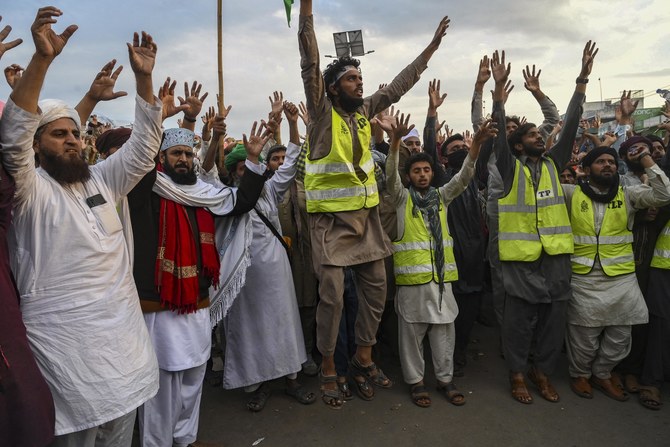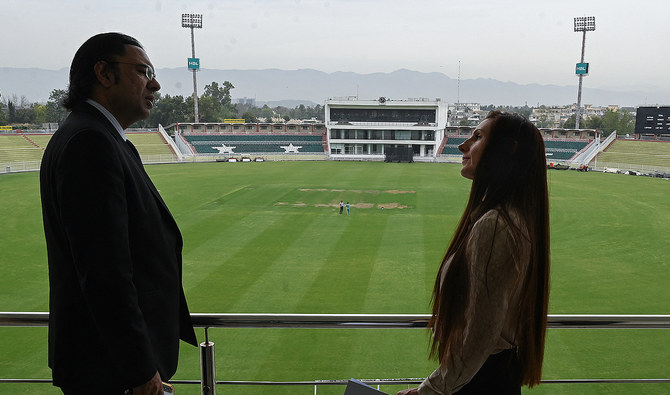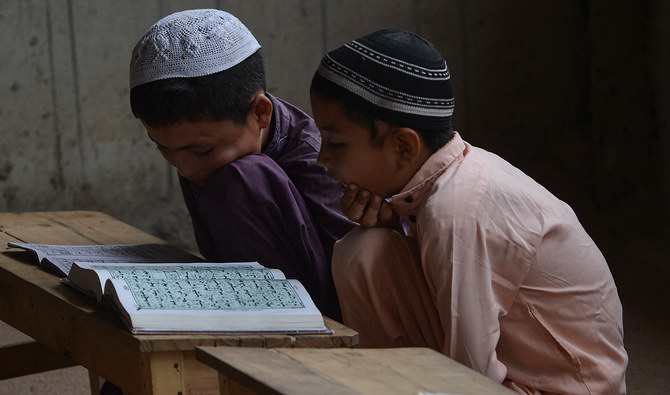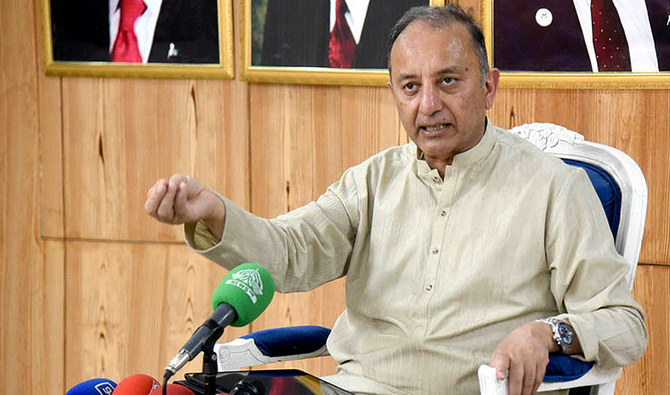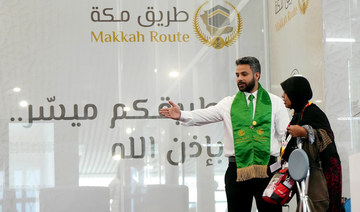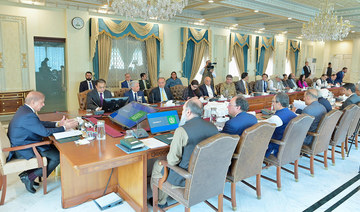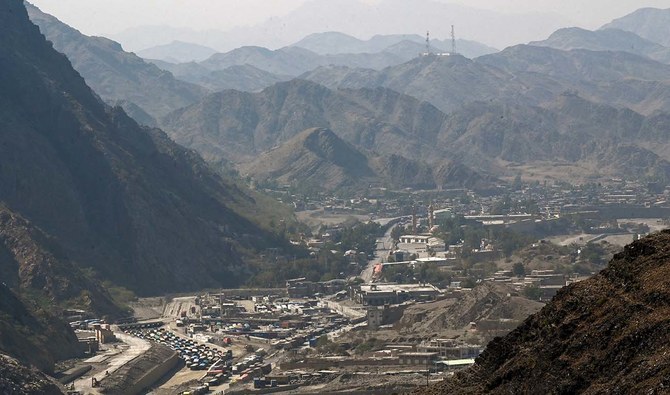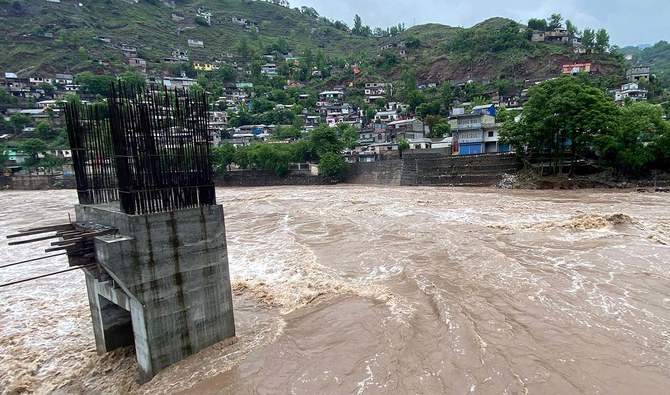ISLAMABAD: The Islamabad High Court (IHC) on Friday expressed its concerns over violent clashes between police and supporters of the outlawed Tehreek-e-Labbaik Pakistan (TLP) party, observing that the law did not allow the use of force against citizens, Pakistani media reported.
On October 22, TLP supporters launched their protest march toward Islamabad, demanding the release of their top leader Saad Rizvi, who was arrested in April amid similar protests. The banned religious group is also calling for the expulsion of the French ambassador to Pakistan over the publication of anti-Islam caricatures in France last year.
The demonstrators left Lahore for Islamabad after violent clashes with law enforcement personnel and stayed in Muridke for three days, giving time to the government to meet the group’s demands. The clashes killed at least four policemen and two protesters.
A dialogue between government officials and TLP leaders failed to make any headway, after which the protesters announced they were going to resume their march.
The remarks by IHC’s Justice Aamer Farooq came during the hearing a plea filed by the Shuhada Foundation, which sought restraining of the “use of force” against the protesters and lifting of a “ban” on their media coverage.
“So far, everything is happening in Punjab, which is outside the high court’s jurisdiction,” the Express Tribune newspaper quoted Justice Farooq as saying.
“But as it is a matter of human lives, we will look into this case.”
The petitioner’s lawyer, Advocate Tariq Asad, had requested the court to set up a judicial commission to investigate the police violence against protesters.
The counsel said the unnecessary use of force against “peaceful” protesters had led to casualties and all these orders were being issued by the federal government, according to the report.
The court remarked that it would summon all the parties. It issued notices for November 2 and sought an explanation from the interior secretary and the chairman of Pakistan Electronic Media Regulatory Authority (PEMRA), which has imposed a ban on the coverage of the protests.
The court later reserved its decision on the admissibility of the petition and adjourned the hearing.
The development comes at a time the authorities and the protesters appear to be heading toward more violent confrontation.
The government has deployed paramilitary troops in Wazirabad, a city roughly 200km away from the capital, Islamabad. The protesters have been awaiting instructions from their leaders to move forward from Wazirabad, where they reached on Friday.
Days of protests have severely affected traffic, primarily in Punjab cities, as authorities blocked roads and highways to prevent the marchers from moving forward. The Pakistan Railways has also suspended twelve train services between Lahore and Rawalpindi, and rerouted several others over the last three days, according to the Express Tribune.
While Pakistani President Arif Alvi on Friday urged religious leaders to play their role in diffusing the protests, members of country’s top security body, the National Security Committee (NSC), commended the police force for showing restraint against violent TLP protesters.
“The Prime Minister stressed that no group or entity will be allowed to cause public disruption or use violence to pressure the government,” said the statement. “Taking serious note of the unprovoked violent attacks committed by TLP members, the Committee resolved not to tolerate any further breach of law by this proscribed group.”
While emphasizing that all Pakistanis had the right to peaceful protest, the statement said that TLP activists were deliberately employing violence against public property, state officials, and ordinary citizens to create instability in the country.
“All organs of the state [are] ready to act as per the law to protect the life and property of citizens,” it added.
Pakistan’s interior minister Sheikh Rashid Ahmed earlier acknowledged that there was no breakthrough in talks with TLP leaders, though he added the state was willing to go to any length to establish its writ.
He said the prime minister was likely to address the nation on Saturday to explain his administration’s position on the issue.
Information minister Chaudhry Fawad Hussain also urged TLP protesters to go back to their homes, clear the roads, and resolve the issue peacefully.
He said the government did not want bloodshed or confrontation and was trying its best to resolve the matter through negotiations.
Hussain, however, made it clear that any negotiations with TLP leaders would take place within the country’s legal and constitutional ambit.
“The state will not tolerate gangs that seek to impose their agenda at gunpoint,” Hussain added.



